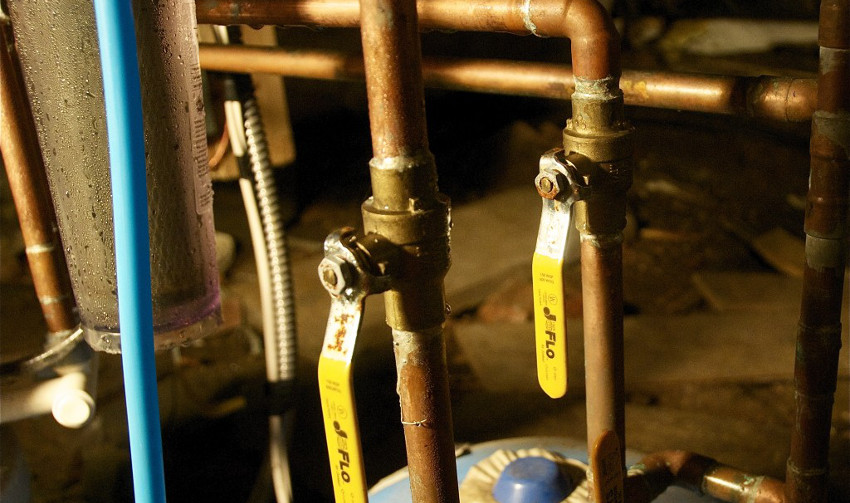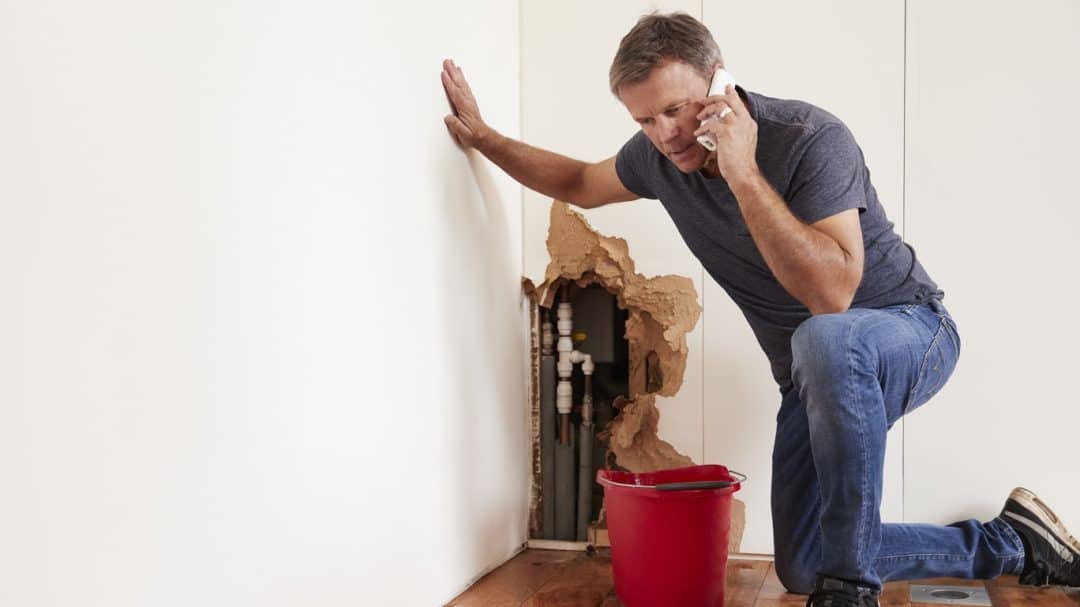Plumbing Disasters: How to Do in an Emergency
Plumbing Disasters: How to Do in an Emergency
Blog Article
They are making a few great points on the subject of What to Do in a Plumbing Emergency in general in this content directly below.

Everyone will need to take care of a plumbing emergency at some point in our lives, so while you may be indulging self-pity asking "why me?", the actual inquiry to ask on your own is 'what currently'?
What Counts As Emergency Plumbing
While a plumbing emergency isn't specifically one-size-fits-all, there can be several telltale signs of a plumbing emergency. Basically a plumbing emergency is any kind of plumbing-related concern that can cause damage to a property or its inhabitants.
A few identifying indications of a plumbing emergency that we will certainly look at are as complies with; low or no water stress, water not warming appropriately, an overflowing commode. If your emergency does not fit any one of these summaries but you still believe could be unsafe for you or your building never wait to call an emergency plumber or your residential or commercial property monitoring if applicable.
Reduced Or No Water Stress
A case of low water stress, or no water stress, need to be extremely easy to recognize while the source of the issue may be a lot more evasive. If water is just barely coming out of your faucet, or not at all, then you too have been affected by this typical concern, but what can you do concerning it?
Begin by identifying all of the places that your water pressure is moistened, you can do this by undergoing your home and turning on all the taps to see just how solid the stress remains in each area of your home. If all of your faucets are deteriorated then you could have a leaking or icy pipeline. In this situation, try to find where the resource of the concern is or hire a professional to do so. If only one tap has low pressure initially attempt cleaning up the screen prior to seeking a specialist.
Water Not Home Heating Appropriately
If your water is running yet you can not get it warm sufficient to have a bathroom or also comfortably wash your hands there may be a problem with your plumbing's home heating system. If the breaker hasn't been stumbled, the concern could be with the heating aspect for your water heating unit, in this situation, it's ideal to call a professional to examination, as well as possibly change the negative component.
Overflowing Commode
This common hassle is commonly a result of one of three points; a clogged drainpipe, malfunctioning float, or obstructed air vent pipe. The very first of which is one of the most typical, this problem can normally be fixed with a bettor, but sometimes can need a "snake" in which situation it's most likely best to call a plumber. Next off, repairing a malfunctioning float can often be as easy as shaking the flush deal with or getting rid of the lid on the back of the toilet to examine the concern better. A blocked vent pipeline can be complicated organization that may need cutting or adding to pipes so best to call a plumber for this issue.
Last Hope For Plumbing Emergencies
Never wait to call an expert despite the issue if you're uncertain it certifies as a plumbing emergency, much better to be secure than sorry as the stating goes. There is no shortage of plumbing company, a lot of which are 24/7 so do not hesitate to call day or night to maintain you as well as your building secure.
Begin by identifying all of the locations that your water pressure is moistened, you can do this by going via your home as well as turning on all the taps to see how strong the pressure is in each space of the house. If only one tap has low pressure first attempt cleansing the screen before looking for an expert.
If your water is running but you can't get it warm enough to have a bathroom or also conveniently wash your hands there might be an issue with your plumbing's home heating system. Inspect the breaker switch for the water heating system in your fuse panel to ensure it hasn't been stumbled, if it has just snap it right into the off placement and back on once again. If the breaker hasn't been stumbled, the problem can be with the home heating aspect for your water heater, in this instance, it's finest to call a specialist to test, as well as possibly replace the poor aspect.
TIPS FOR HANDLING A PLUMBING EMERGENCY
SHUT OFF THE NEAREST WATER SOURCE
When a plumbing disaster strikes, locate the nearest water shut-off valve and shut down the water supply. For a sink, you should be able to identify the valve somewhere beneath the drain pipe. For a toilet, the shut-off valve should sit either behind or at the base of your commode.
For major emergencies, turn off your home’s main water valve as quickly as you can. If you don’t already know where that valve is, take some time right now to find it. It’s never a bad idea to inform all household members of its location too.
SHUT OFF ELECTRICAL CIRCUITS
Everyone knows water and electricity can be a deadly combo. If there’s even a small chance that the leaking water has come into contact with one of your electrical circuits, DO NOT touch the water. If you can safely reach your circuit breaker, turn off the electricity to the affected room or flip the main breaker just to be extra safe.
TURN OFF THE WATER HEATER
When a major plumbing emergency strikes, it’s best to turn off your water heater for safety’s sake. If you leave it on, heat can build up inside the tank, which can put the unit at risk for overheating or bursting. If you own a gas water heater, be sure to turn off the gas supply line before you shut off the unit.
ADDRESS SMALL, EASILY IDENTIFIABLE LEAKS
If you ever find yourself dealing with a small plumbing leak, try to stop the flow of water as best you can. Turn off the water supply to that particular pipe and do your best to contain the leak. You can gather towels and rags and wrap them around the pipe since it will contain water even after you shut off the water supply.
Use towels to soak up any water on the floor and place a bucket directly beneath the leak to catch any water that might escape. Even if you’ve never dealt with a leak before, consider keeping some plumber’s tape handy, just in case. You can use the tape to seal up a minor leak while you wait for a plumber to arrive and perform a permanent repair.
AVOID USING CHEMICAL DRAIN CLEANERS
A completely blocked pipe may seem like a plumbing emergency that’s easy to solve with just a bottle of drain cleaner. And while those cleaners can certainly burn through a blockage, they can also do quite a bit of damage to your plumbing system, particularly if it’s old.
It’s not uncommon for harsh, chemical-based drain cleaners to erode the interior of older pipes, and that damage can contribute to future plumbing problems. Rather than breaking out the drain cleaner, try using a drain-specific plunger first. If that doesn’t clear the clog, it’s time to call a pro.
WEAR PROTECTIVE GEAR
If you’re dealing with a leak that involves contaminated water (like that from your sewer system or a dirty drain line), wear rubber gloves and boots if you’ll be touching the water.
If any of that water comes into contact with your mucous membranes, bacteria and other microorganisms can make you very ill. When the affected area is completely dry, you’ll need to thoroughly disinfect everything that got wet.

I'm just very serious about How to Prevent (and Deal with) Plumbing Emergencies and I hope you appreciated the new blog posting. I beg you take a moment to promote this entry if you appreciated it. We thank you for reading our article about What to Do in a Plumbing Emergency.
Check It Out Report this page